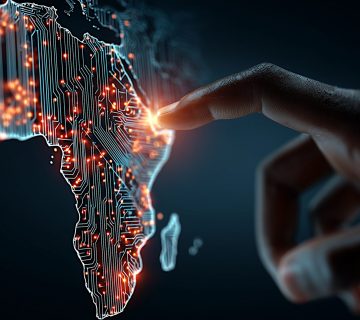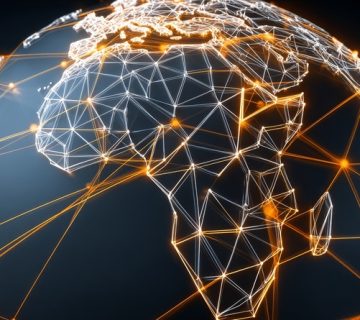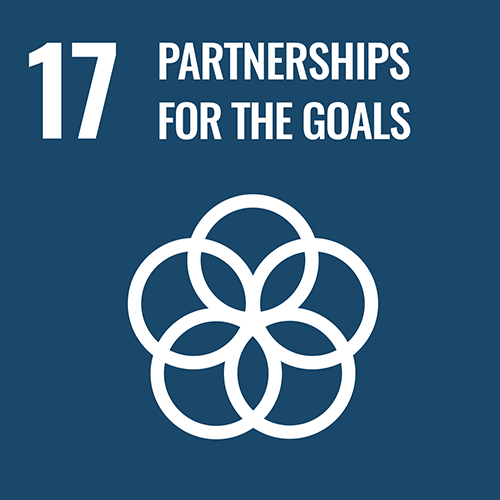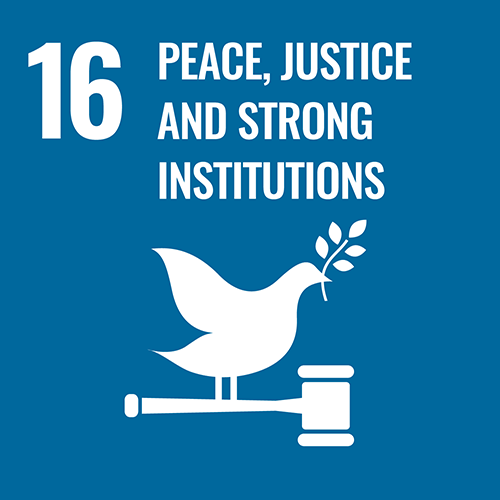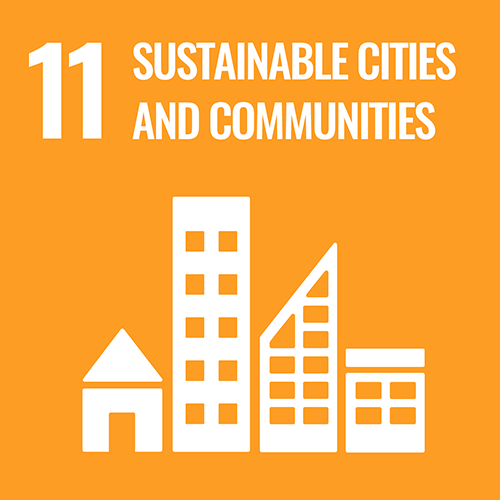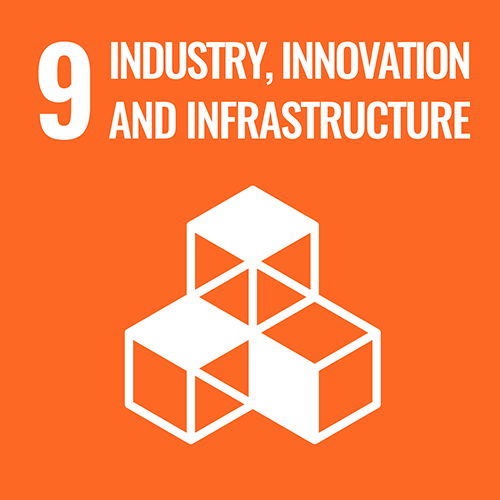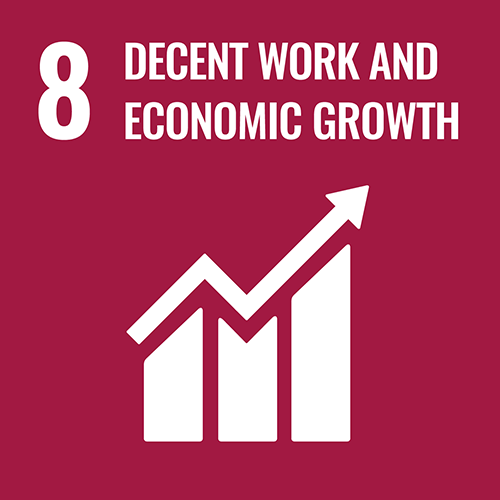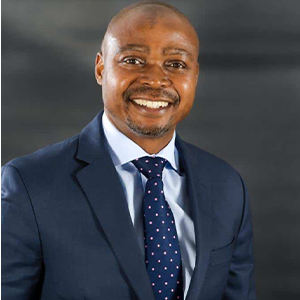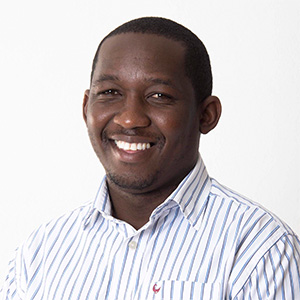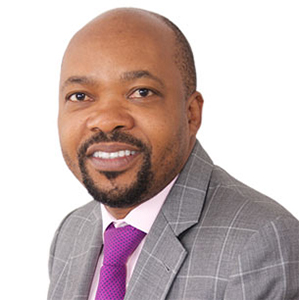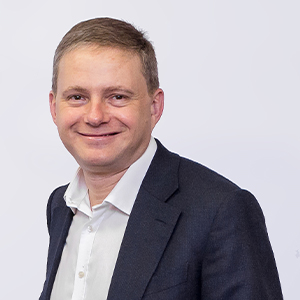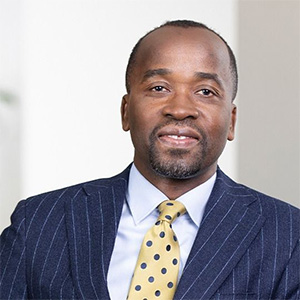It’s all very well to talk about potential in Africa, but the real focus should be on actively getting the basics right first, says Hardy Pemhiwa, President and CEO of Cassava Technologies.
The World Economic Forum (WEF) believes that Africa stands on the cusp of change, brought to this tipping point of potential by the Fourth Industrial Revolution (4IR). It is 4IR that can shift legacy challenges on the continent, that can rewrite the socio-economic conversation, and that can craft a new dialogue around the continent. As the forum points out, Africa has ‘lagged behind other regions in employing the full potential of the previous industrial revolutions’, and this is a limitation on multiple fronts, from competitiveness to social equity to economic disparity. For Africa to embrace 4IR and the benefits it promises we still have basic challenges and limitations that need addressing.
In the Foresight Africa 2022 Report, the researchers point out that for Africa to harness technology and innovation in order to build a better future, there has to be significant changes when it comes to policy. The report highlights how important it is for governments to become more engaged in the potential of 4IR and technological innovation through the implementation of policies and regulations that take advantage of the current post-pandemic landscape and further drive investment and development on the continent.
Most enterprises both large and small on the continent had to bring forward investment plans in their digital transformation journeys in order to remain open for business during the COVID pandemic. For all the pain and suffering it brought, COVID19 gave Africa an enormous push towards solving some of the basic challenges needed to get onto the 4IR train. It has become very clear that technology has fundamentally changed many economies, so government investment into smoothing over the rubble-strewn road to 4IR adoption and success is more important today more than ever. The shape of this investment should be dictated by the digital infrastructure gap, the need to bring down the cost of access and the need for a future-fit digitally skilled workforce.
Perhaps one of the largest barriers to 4IR entry for Africa is education. This is one of the fundamental basics that’s inhibiting the continent across multiple levels and touchpoints. It’s a complex chasm to cross. On one hand, limitations in education and skills development are making it harder for companies to innovate and expand into the potential of 4IR; on the other hand, the move into 4IR will open up new opportunities and roles that can address the unemployment challenge faced by many in Africa. The problem lies in the bridge needed to provide people with the skills development they need so they can meet a growing business need. Yes, 4IR is a game changer that will ‘accelerate the economic transformation of developing countries’ but it will only do this with a trained and energised workforce that has access to the right tools and education.
The reality of 4IR on the African stage is perhaps best defined by a recent article by Stellenbosch Business School which says, ‘Africa can contribute to the 4IR not by resisting the inevitable distribution of the future brought by the 4IR, but by actively seeking to address some of the biggest remaining problems’. It’s too easy to paint a picture of a continent poised on the edge of digital greatness, held back only by a few loose threads, when the reality is far more complex and the threads look a lot more like chains.
However, this doesn’t mean that Africa will simply slouch to the back of the industrial revolution queue. No. If Africa continues on its current trajectory of growing government awareness, improved access to skills development and training, and consistent local and international investment into digital transformation, it may very well simply pick up 4IR on its way to redefining the potential of 5IR – the human-machine future that’s posited by the metaverse. We must dream, plan and execute in order to deliver a digitally connected future that leaves no African behind. It’s a vision that drives me and my colleagues at Cassava Technologies every day.


